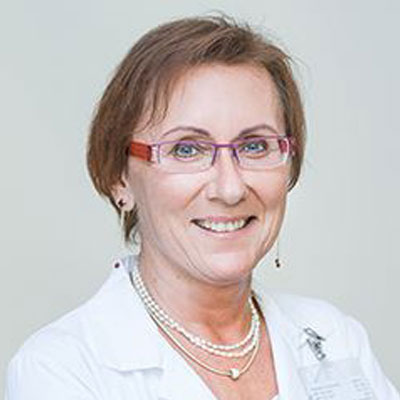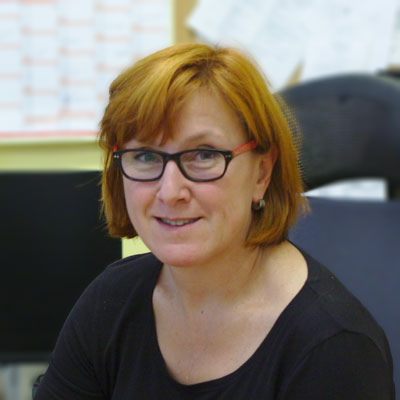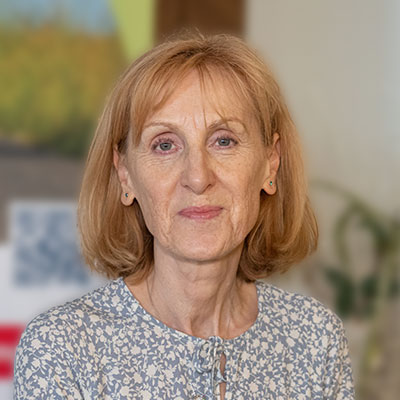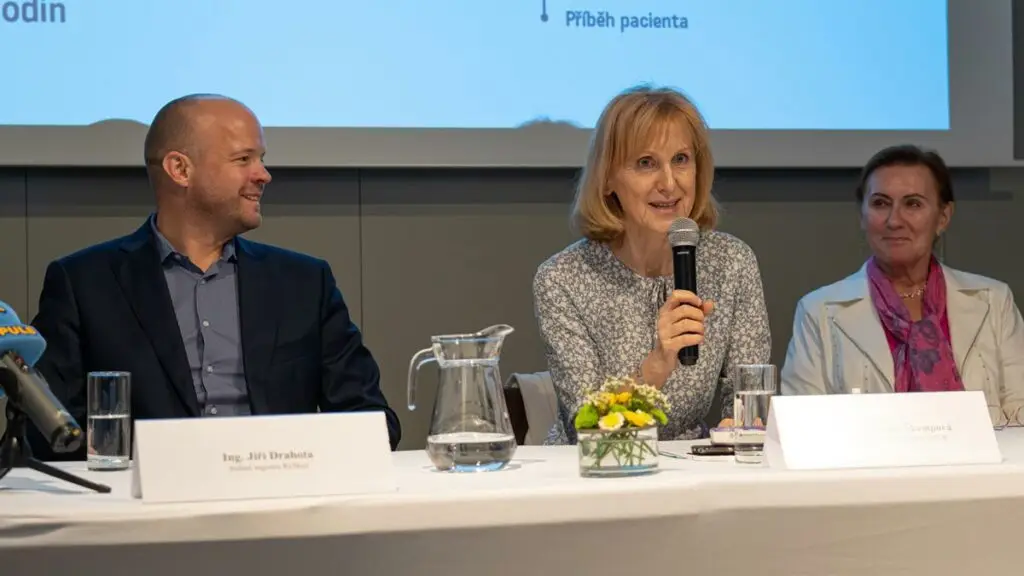If a person is diagnosed with multiple sclerosis (MS), it should not matter whether they live in Cheb, Kolín or Frýdek Místek. The same care should be provided in all centres throughout the Czech Republic. Thanks to the ReMuS Registry, which monitors how patients are treated in all 15 highly specialised centres, a unified approach to care is being achieved. The neurologists' aim is to ensure quality care regardless of where patients live - they have also established clear rules to achieve this. Fresh data from ReMuS is traditionally published by experts on the occasion of World Multiple Sclerosis Day, which falls on May 30th. A photo gallery from the entire press conference is also available for you below.
Speaking at the press conference were

prof. Eva Kubala Havrdová, MD, D.Sc.
General University Hospital in Prague

prof. Dana Horáková, MD, Ph.D.
General University Hospital in Prague

Jiří Drahota, M.Sc.
ReMuS Register

Venuše Škampová, M.Sc.
Ministry of Health of the Czech Republic
New standards and the ReMuS registry will help
"For diseases as serious as multiple sclerosis undoubtedly is, we need to provide comprehensive lifelong care. On the one hand, it is not possible to have a highly specialised centre in every city, but at the same time all patients cannot go only to Prague or Brno. So the solution is a certain number of specialised centres across the country - but they must provide comparable quality care." says expert guarantor of the ReMuS registry prof. Dana Horakova, MD, Ph.D."The registry allows us to get a clear view of what's happening in different locations. Comparing patient pathways and treatment progress with other centers motivates them positively. It helps align individual steps to ensure that patients receive the same high-quality care everywhere." Through systematic comparison (benchmarking), each RS centre receives feedback on how it is performing. For example, they can see how many patients are returning for so-called relapses - a relapse of the disease. "If one center has 2% of patients returning due to a relapse in a year, while another has 50%, it’s clear that something is wrong," explains Prof. Horáková.
According to the director of the ReMuS registry Jiří Drahota , M.Sc., the registry helps to identify weaknesses in the healthcare system. For example, data may reveal that while a center quickly initiates treatment for patients, it takes longer for patients to actually access the MS center in the first place.
One of the current steps that neurologists have taken to standardize care is to develop recommended practices for centers to follow. "These procedures are based on the latest scientific knowledge and aim to support the improvement of the quality of care for patients. The registry helps us see if centres are really following them," says the head of the Centre for Demyelinating Diseases of the Neurological Clinic of the 1st Faculty of Medicine of Charles University in Prague Prof. Eva Kubala Havrdová. She also mentions a recent project where, in collaboration with neuroradiologists, they standardized the protocol for MRI procedures. "Each hospital had its own system. It turned out that some patients weren't being monitored properly. The new procedures clearly say what to do for each MS patient during MRI and how often. Now all centres should monitor patients with imaging in the same way," explains Prof. Havrdová. All 15 centres will have to reapply for certification as a highly specialised centre next year. To receive this designation, they must treat a certain number of patients and have an adequate number of trained doctors, nurses, physiotherapists, and psychologists. However, all centers are struggling with a shortage of these specialists.
The Ministry of Health of the Czech Republic (MHCR) is striving to ensure that patients in highly specialised care centres have the same standard. "We have created a methodological guideline that clearly describes what a workplace should meet in order to be called a highly specialised centre. This status is not for life - over time, the site must justify that it meets what patients and payers of care need. That's why we always take stock of how the center is performing before the deadline, to see if everything is right and what needs to be improved. In addition, thanks to so-called quality indicators, we can compare individual centers," explains Venus Skampa, M.Sc., MA, Director of the Department of Health Care of the Ministry of Health. Centres for the treatment of MS will be affected by this process next year. The registry is now tracking 21,537 patients (71.1 % women and 28.9 % men), an increase of approximately 1,000 compared to 2022. Of these, 15,915 are on biological therapy. Approximately one third of the patients have the so-called progressive form of the disease. The average age of those registered was just under 33 years at the time of disease onset. The largest number of patients was from Prague (3 161) and the smallest number (465) from the Karlovy Vary Region. More than half (61.56 %) of the users of biological treatment worked full-time. Of those who do not use biological treatment, 36.01 % people manage such a full-time job. "In international comparisons, ReMuS is among the best. The data is used in many research projects, helping to map the disease, assess drug efficacy, and ensure safety. It also helped us respond to unexpected situations, such as COVID-19," adds Jiří Drahota.
We would like to thank our partners for their support of the press conference
Press Release
Press Conference Photogallery















